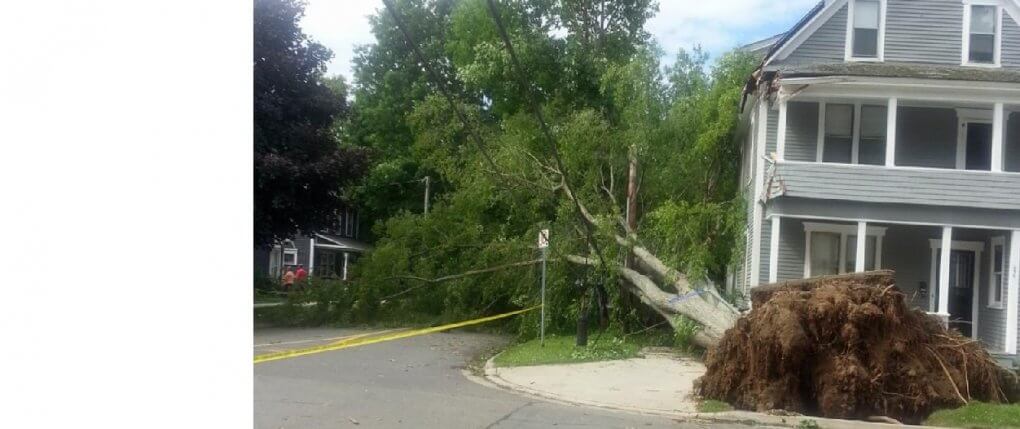Last June, our team at the Conservation Council conducted a series of interviews, including with you and members of your staff, to assess community capacity to adapt to climate change. We used the community’s experience with post-tropical storm Arthur as a focal point for the study.
Community capacity is the ability to get things done. A community capacity assessment measures – qualitatively and quantitatively – a community’s social, natural, economic, and human capital and explores how these assets can be deployed to respond to threats like climate change or to create opportunities. The community capacity model can be used to help a community deal with any range of issues, including, but not limited to, climate change. Our research focused on the social side of community capacity and how the community’s social capital is being deployed to adapt to climate change.
Through 14 interviews and a survey of 120 Fredericton residents, the Conservation Council found that while first responders from the City, NB Power and EMO believe they were prepared for post-tropical storm Arthur, everyone agreed the storm was unusual from a wind, tree fall, power outage, and risk of fire point of view. So while flooding risks were managed well given previous actions and investments by the City, post-tropical storm Arthur brought with it many lessons that first responders continue to react to, particularly in areas relating to communications.
Adaptive management clearly is a commitment of city officials, NB Power and the Fredericton EMO. Naturally, we did find opportunities for improvement, including the potential to expand linkages to key stakeholders like local merchants, community nonprofits, religious groups, and school and neighbourhood groups trusted by Fredericton residents. One concern consistently raised in interviews related to the public’s low levels of risk awareness and preparedness for extreme events like post-tropical storm Arthur, including treating the event like a “spectator sport” and lacking sensitivity to the dangers of downed power lines. Our research also shows a low level of climate change literacy. There is a need for expanded efforts to educate the public about climate change risks and adaptation, including the need for extended emergency preparedness.
Another area we believe requires ongoing attention is the issue of food security. Food supplies were quickly drawn down during Arthur and large food outlets lacked generators. While generators have been the response of choice for large businesses and householders, there remains an ongoing need to develop strategies to enhance food security, including ensuring households continue to stock up on non-perishable food items capable of feeding a family of four for up to a week.
Fredericton residents we surveyed rated power outages as their second highest area of climate change concern (changes to forests and forest fires ranked first). Residents we surveyed also feel that having a city plan to respond to extreme events like Arthur is extremely important, followed by installing renewable energy.
Finally, while more than 30% of the Fredericton residents we surveyed said they did not know their neighbours well enough to ask a favour (a key social capital metric), respondents also reported (68%) that they trusted the people in their neighbourhood. Combined with the high level of trust in local businesses and community and religious groups, we believe Fredericton has a strong sense of community that can be nurtured as a resource for responding to extreme events like post-tropical storm Arthur.
Our recommendations below are based on our findings. The Conservation Council has also prepared a Power Point presentation of our research results. We include it with this letter and would be happy to present the results to you as our contribution to the Imagine Fredericton process.
We welcome your feedback and any suggestions to improve this report.

Louise Comeau
Director Climate Change and Energy Solutions
-30-
For more information:
- Contact Dr. Louise Comeau, louise.comeau@conservationcouncil.ca; 506 238 0355
- Download our list of recommendations on how to minimize risks to citizens from climate-change induced extreme event, here.
- Download Louise Comeau’s full presentation: Community Capacity to Adapt to Climate Change: Fredericton, here.
- Download Dr. Louise Comeau’s full statement: Post-tropical storm Arthur provides important guidance to the City of Fredericton on how to minimize risks to citizens from climate-change induced extreme events here.

